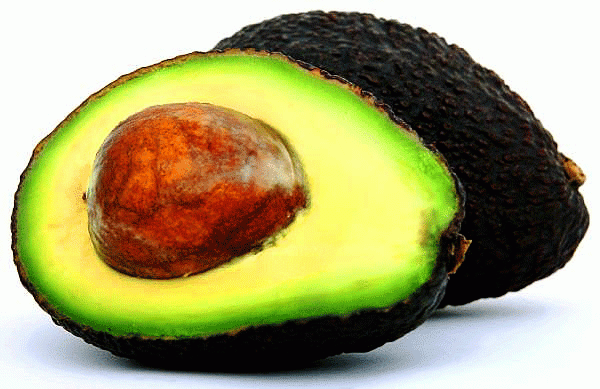1. Spinach is packed with magnesium. Magnesium helps to regulate cortisol levels and tends to get depleted when an individual is under pressure. Too little magnesium may trigger headaches and fatigues, compounding effects of stress. Not a spinach eater? Try some cooked soybeans or a filet of salmon, also high in magnesium. Find it at: Gia Pronto
2. Avocados can help to reduce high blood pressure due to their large amount of potassium. Half an avocado has more potassium than a medium-sized banana. Guacamole offers a great nutritious snack when stress causes cravings for high-fat foods. Find it at: Gia Pronto
3. Oranges have a significant amount of Vitamin C. Research suggests that this vitamin can reduce levels of stress hormones while strengthening the immune system. Find them at: Houston Market, Fruit Carts (34th & Walnut, 37th & Spruce)
4. Almonds have vitamin E, which can bolster the immune system, and numerous B vitamins, which may make the body more resilient during stressful times. Find them at: CVS
5. Milk is helpful for stress reduction because of its calcium. Researchers have found that calcium can help reduce muscle spasms and soothe tension. Focus on skim or low-fat milk. Find it at: Any campus cafeteria
6. Complex carbohydrates prompt the brain to make more serotonin, a calming brain chemical. When serotonin levels rise we feel a calming effect with less anxiety. For a steady supply of this feel-good chemical, it’s best to eat complex/whole grain carbohydrates which are digested more slowly. Complex carbohydrates can also help you to feel balanced by stabilizing blood sugar levels. Good choices include whole grain pasta, buckwheat and quinoa. Find them at: Einstein’s
7. Fish like salmon and tuna contain omega-3 fatty acids. Omega-3 fatty acids can prevent surges in stress hormones and protect against heart disease. For a steady supply, aim to eat three ounces of fatty fish at least twice a week. Good choices include mackerel, sardines, flaxseed and nuts. Find it at: Houston Market

